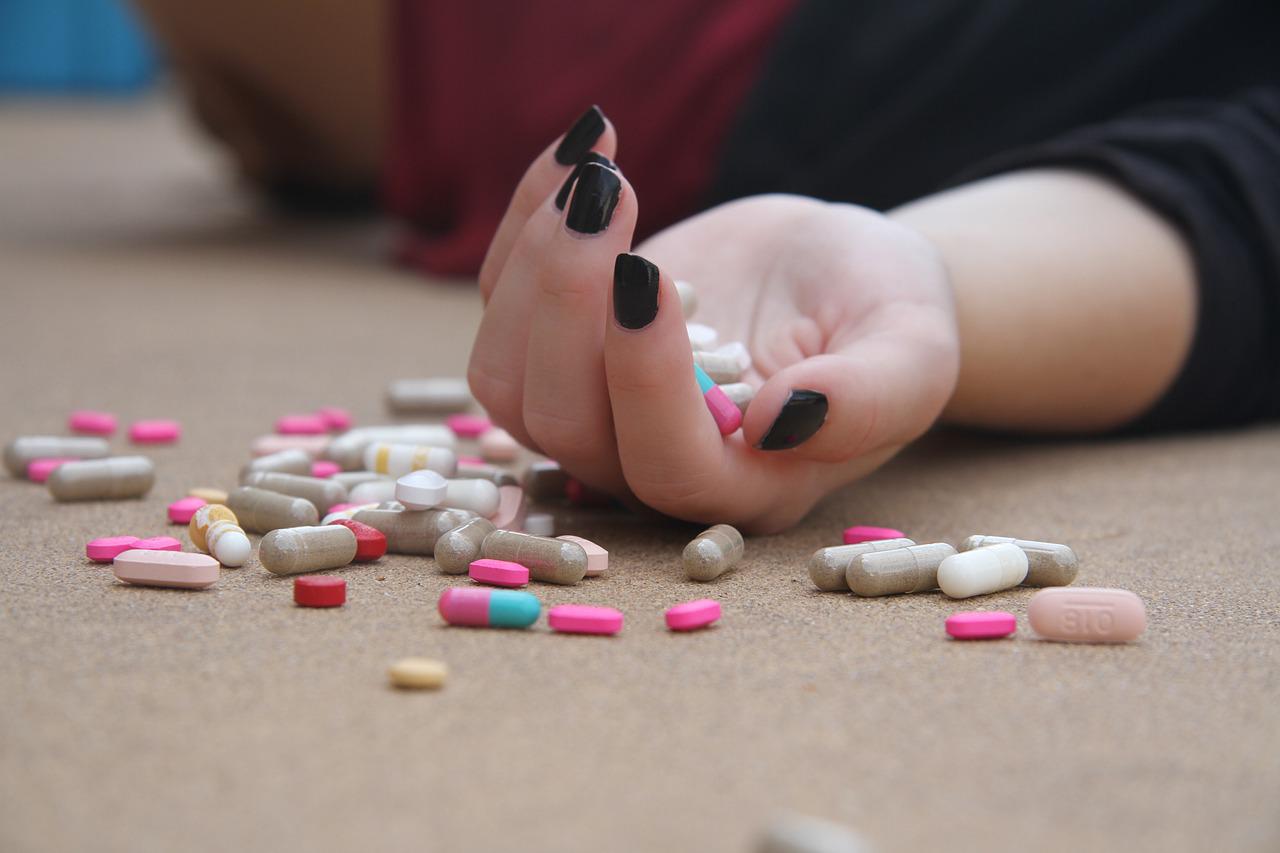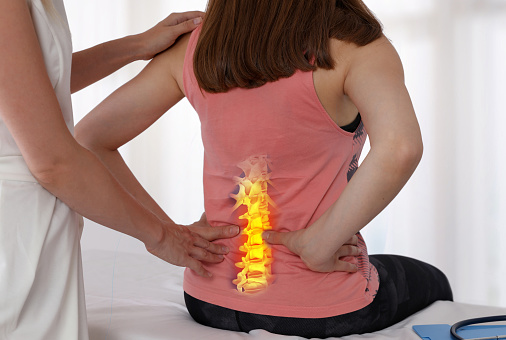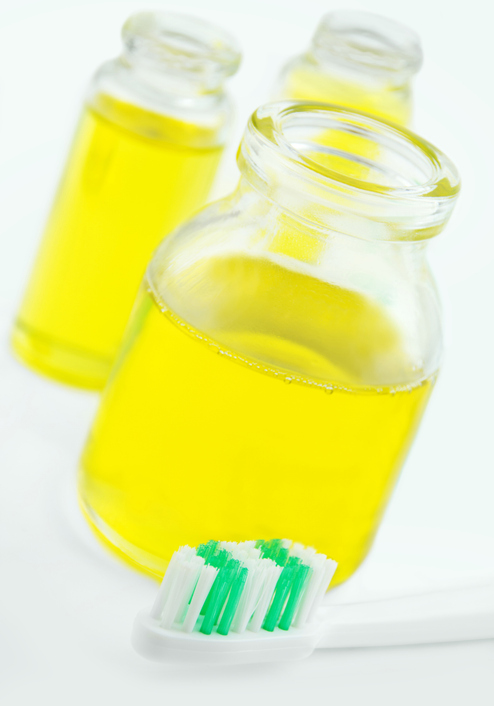Conventional treatment for OCD, Treatment resistant depression and anxiety usually involves an amalgamation of evidence-based psychotherapy approaches and medication. Generally, many patients experience significant relief from the symptoms after using this treatment protocol. Nevertheless, a substantial percentage, 30%-50%, still battle with the continuing symptoms.
To date, science still has not definitively elucidated what causes depression, or why few patients may respond to antidepressants while others do not. This is still a great unknown in psychiatry. But working with what is known about depression is paving the way to a more holistic approach to treatment-resistant depression.
About Treatment Resistant Depression
As many of us know, the introduction of pharmacology has revolutionized the way medical professionals treat patients. While many different types of drugs have been introduced to the market, one of the biggest questions that often arises is whether or not these drugs are truly effective.
In our opinion, antidepressants are a perfect example of this. Although pharmacology explains how the drugs targeting neurotransmitters can rebalance the levels of these substances and alleviate symptoms of depression, the drugs are ineffective for many people who suffer from major depressive disorder. In fact, until the introduction of pharmacology, doctors relied on trial-and-error methods to hopefully target the right medication for their patients. As a result, patients may end up trialling several different drugs with no definitive result, only becoming increasingly depressed with each trial failure.
And even if patients do respond to antidepressant medications, they often become riddled with unpleasant side effects such as nausea, fatigue, weight gain, sexual dysfunction, insomnia and dry mouth. Patients who either do not respond to antidepressants or who discontinue taking them due to adverse effects are considered treatment-resistant. A holistic approach is the best choice for patients with treatment resistant depression.
While vitamins and supplements are a great way to make sure your body is functioning at its optimal level, there are also other things that you can do that promote relaxation and overall wellness for the body and mind. Let’s take a look at some of those activities.
Yoga and Meditation for Treatment Resistant Depression
Yoga and meditation are not only great ways to centre your mind, body, and soul, but can also help relieve feelings of stress, anxiety, and depression. Meditation and yoga produce many of the same feelings that drugs do, however, there are no withdrawal symptoms associated since it is all-natural and harmless. Yoga Asanas and mudras help in providing Yang Yang balance to the body which in turn impacts the mind and soul at a core level. This can reduce the toxicity caused by medications and make the body battle against treatment resistant depression symptoms. It can help the person going through depression and restore one’s inner balance and centeredness.
Mindfulness
Mindfulness assists the person with staying zeroed in on the current moment as opposed to ruminating about the past or expecting future occasions, which can cause increased apprehension/anxiety.
Mindfulness has been shown to help people maintain a state of calm and equanimity in the face of life’s challenges. It involves the practice of being fully aware of the current moment, observing thoughts and feelings without judgment, and responding with an action that is most appropriate for the situation.
Massage Therapy
Massage therapy has been around for years and has recently been shown to have many benefits. Common sense tells us that the human body is constantly in motion, and that motion causes muscle tension. Massage therapy is a hands-on approach that can release muscle tension by smoothing out knots through a process known as myofascial release.
Massage therapy assists with delivering serotonin and dopamine while lessening cortisol levels, which can further develop temperament and help with uneasiness and side effects including depression side effects. Massage improves emotional connections and calms the mind.
Hobbies
Taking part in hobbies or activities that stir up your interests can significantly affect your state of mind. It additionally expands healthy self-appreciation, certainty and confidence.
Acupuncture
Acupuncture focuses on the energy that the body produces and puts out. Acupuncture uses tiny needles to transfer energy from one part of the body to another. It has gained popularity as the most used holistic therapy globally and can help with: chronic pain; migraines; depression; anxiety and insomnia.
While these holistic approaches can help someone deal with anxiety and depression naturally without drugs or medications, it is still crucial to seek professional medical attention if you feel that you have symptoms of depression or anxiety.
Role of Nutritional Psychiatry in Treatment Resistant Depression
You may have heard that omega-3 fatty acids are good for you. You might have even heard that they can help with depression.
But what exactly are omega-3 fatty acids? And how do they work on treatment resistant depression? The answers to these questions may surprise you.
Omega-3 fatty acids are essential fatty acids that the body needs for proper brain function and cell growth because unlike some other substances, they cannot be manufactured within the human body. It is therefore essential that we get them through our diet. The richest dietary source of omega-3 fats is oily fish such as salmon, sardines, mackerel, herring and trout. There are two key types of omega-3 fats, eicosapentaenoic acid (EPA) and docosahexaenoic acid (DHA). We can take EPA and DHA in supplemental form too.
Research has shown that the more fish the population of a country eats, the lower the incidence of depression.
Many studies have found a beneficial effect of increased intake of PUFAs (particularly EPA) on symptoms of depression. A recent study found that omega-3 PUFA supplementation showed beneficial effects in people with very severe depressive symptoms.
TMS Therapy
Transcranial magnetic stimulation is a non-invasive therapy and is an exciting novel method in the mental health care field. It is FDA cleared for the treatment of a major depressive disorder that does not respond to traditional antidepressant therapy.
TMS therapy works by generating magnetic pulses that penetrate brain tissue and induce electrical currents that can correct imbalances in neuron activity. Stimulating the underactive neurons in the left prefrontal cortex can lead to improvement in treatment resistant depression.
After 4-6 weeks of receiving the TMS treatments, brain chemistry gets normalized. The patient enjoys more energy, clearer thinking, better sleep quality, and improved mood. Patients find the therapy to be free of any adverse side effects, therefore highly tolerable. It allows the individual to continue with his/her normal life





Where there is a will, there is a way.